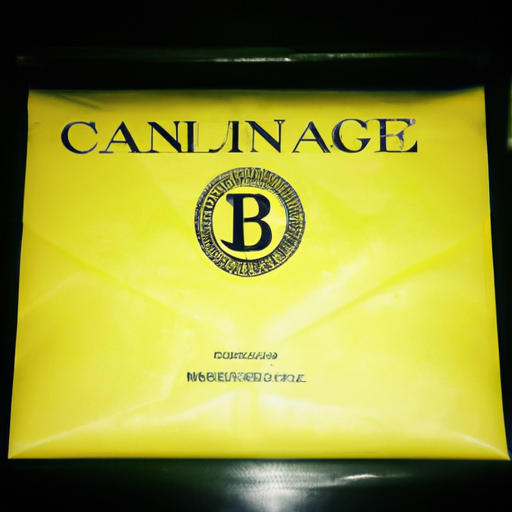SEC Seeks Permission to Submit Undisclosed Documents in Lawsuit Against Binance
Key Points:
- The U.S. Securities and Exchange Commission (SEC) is seeking permission to submit undisclosed documents under seal in its ongoing civil lawsuit against cryptocurrency exchange Binance, its U.S. counterpart Binance.US, and CEO Changpeng Zhao.
- The SEC filed the lawsuit in December 2021, alleging that Binance and its entities unlawfully offered and sold digital asset securities to U.S. investors without registering the offerings as required by federal securities laws.
- The SEC’s latest request for submitting documents under seal indicates that these undisclosed documents contain sensitive information that could potentially harm ongoing investigations or reveal confidential details.
- Submitting documents under seal is a legal procedure that allows sensitive information to be withheld from public scrutiny during legal proceedings.
- While it is not uncommon for regulatory or enforcement agencies to request documents to be sealed, it highlights the complexity and importance of the ongoing lawsuit against Binance and its affiliated entities.
The U.S. Securities and Exchange Commission (SEC) is making a move to submit undisclosed documents under seal in its civil lawsuit against one of the world’s largest cryptocurrency exchanges, Binance, its U.S.-based counterpart Binance.US, and CEO Changpeng Zhao. The lawsuit, which was filed in December 2021, accuses Binance and its entities of offering and selling digital asset securities to U.S. investors without proper registration, a violation of federal securities laws.
The recent request by the SEC to submit documents under seal suggests that these undisclosed materials may contain sensitive information that could potentially hamper ongoing investigations or reveal confidential details. By submitting documents under seal, the SEC aims to protect this sensitive information from public scrutiny during legal proceedings.
While it is not uncommon for regulatory or enforcement agencies to seek the sealing of certain documents in litigations, this request emphasizes the complexity and significance of the current lawsuit against Binance and its affiliated entities. It signifies that the SEC has additional evidence or information that it believes will strengthen its case. The undisclosed documents could hold key insights into Binance’s alleged violations and shed light on the extent of regulatory oversight required in the cryptocurrency industry.
As the lawsuit progresses, market participants and crypto enthusiasts will be keenly watching how the case unfolds, waiting to see the outcome and potential ramifications it may have on the broader cryptocurrency market. The SEC’s pursuit of punitive action against Binance underscores the regulatory scrutiny and accountability being imposed on digital asset platforms in an effort to protect investors and maintain market integrity.
Hot Take: SEC’s Request for Sealing Documents Signals a Pivotal Moment in Crypto Regulation
The U.S. Securities and Exchange Commission’s request to submit undisclosed documents under seal in its civil lawsuit against Binance, Binance.US, and Changpeng Zhao marks a crucial moment in the evolution of cryptocurrency regulation. The move demonstrates the SEC’s commitment to addressing potential violations within the crypto industry and reinforces its role as a watchdog for investors.
By seeking to protect sensitive information, the SEC aims to maintain the integrity of its ongoing investigations and avoid premature disclosure of critical details. This request signifies that the regulatory landscape for digital assets is maturing, as stringent measures are being taken to ensure compliance with existing securities laws.
As the case unfolds, the crypto community will closely follow the developments, eager to gauge the potential impact on Binance and the broader cryptocurrency market. A favorable outcome for the SEC could set a precedent for further regulatory actions against other platforms operating in the industry. The ultimate goal is to strike a balance between fostering innovation and safeguarding investors, which will shape the future of cryptocurrency regulations.
